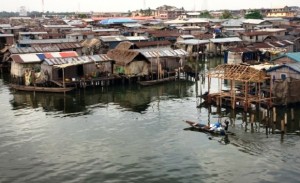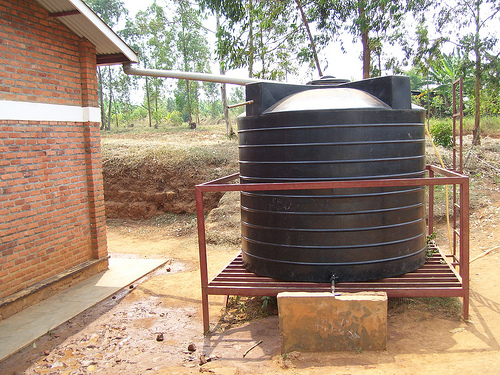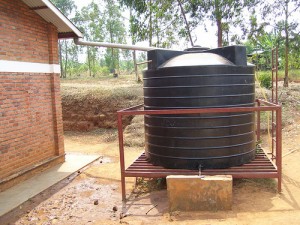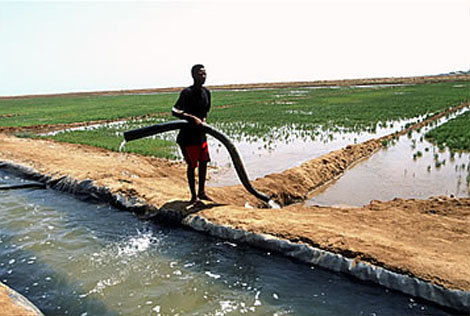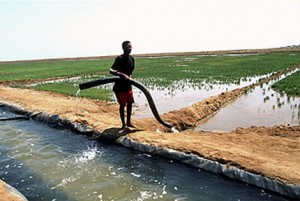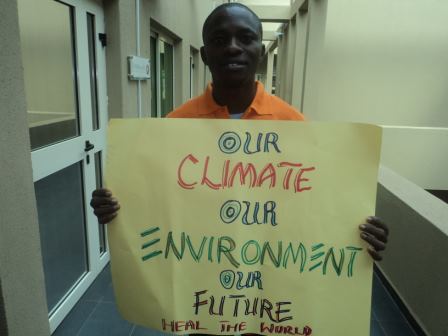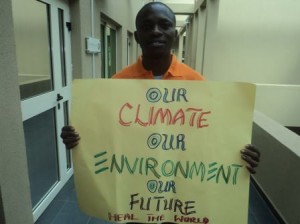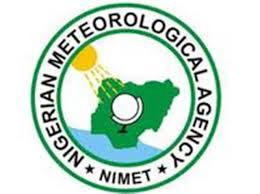
In response to the long-standing desire of the Nigerian diaspora to support economic development in the country, a high level Executive-Legislative team is currently holding a series of interactive sessions with Nigerians in Europe and the United States. The sessions are organized by the Debt Management Office, led by its Director-General, Dr. Abraham Nwankwo.
The delegation is headed by the Coordinating Minister for the Economy and Minister of Finance, Dr Ngozi Okonjo-Iweala and includes key members of relevant committees in the National Assembly. The members of the National Assembly are: Senator Ahmed Makarfi Chairman, Senate Committee on Finance, Senator E. Uzamere, Chairman, Senate Committee on Local and Foreign Debts, Senator Ita Enang, Chairman, Senate Committee on Appropriation, Honourable Adeyinka Ajayi, Chairman, House Committee on Aid, Loans and Debt Management, Honourable Famurewa Ajibola Israel, House Committee on Diaspora, Honourable Abdulrahman Terab, House Committee on Finance and Honourable Emmanuel David Ombugadu, House Committee on Appropriation.
It will be recalled that Nigerians in the Diaspora have been seeking ways and means to contribute more to the country’s development. This interest is backed by substantial capacity: the value of remittances from Nigerians abroad in 2013 was $20.77 billion; for the first half of 2014 it is $10.40 billion. This includes contributions through remittances to their families, friends and communities, medical missions and provision of scholarships.
Indeed, the experience of countries such as Israel and India shows that the Diaspora are a force to be reckoned with in the growth and development of any country, through the funding of critical development projects, among other means. The current effort is directed at providing the Nigerian Diaspora similar opportunities.
The Meetings which started yesterday in London, will continue in New York, Washington DC and Houston between September 2-4, 2014. The London meeting hosted by the Nigerian Ambassador to the United Kingdom, H.E. Dr. Dalhatu Sarki Tafida, was attended by over 140 invited Nigerian professionals. The meeting provided an avenue for the CME and the other members of the team to update Nigerians in the Diaspora on the developments in the Nigerian economy, the major achievements of the Transformation Agenda under the Administration of His Excellency, President Goodluck E. Jonathan and the opportunities available in Nigeria for Diaspora Nigerians.
Nigerians were also reassured of the developments in Nigeria with respect to the Ebola Virus Disease and the Government’s management of the situation. Participants expressed concern about the security situation and urged the government to do more particularly with respect to the return of the Chibok girls. Participants also showed a lot of interest in contributing to development with investments in infrastructure, SMEs and in the housing sector.
It is expected that through these Sessions, Nigerians in Diaspora will be better informed about developments in the country and be encouraged to contribute in various ways to the development of the economy and nation-building in general.


